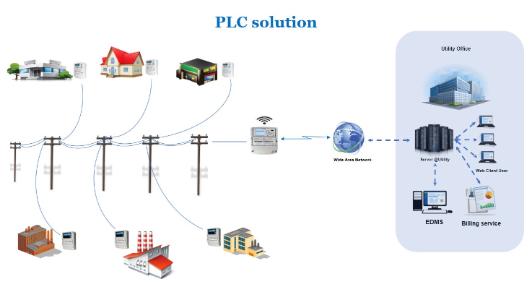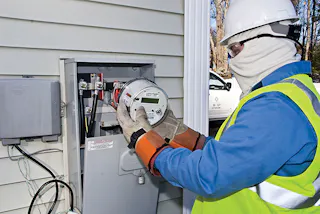
The Role of Data Analytics in Extracting Insights from Smart Meter Data
In the era of digitization, smart meters have revolutionized the way we monitor and manage energy consumption. These advanced devices generate a wealth of data, offering unprecedented opportunities for utility companies and consumers to make informed decisions about energy usage. However, the true value of smart meter data lies in its analysis. In this article, we explore the pivotal role of data analytics in extracting valuable insights from smart meter data and how it can drive efficiency, sustainability, and customer satisfaction.
Smart meter data, consisting of detailed information on energy consumption patterns, provides a treasure trove of insights when properly analyzed. Data analytics techniques, powered by advanced algorithms and machine learning, play a crucial role in unlocking the full potential of this data. Let's delve into some key areas where smart meter data analytics proves invaluable:
-
Energy Consumption Patterns: By analyzing smart meter data, utility companies can identify consumption patterns at various temporal scales - daily, weekly, monthly, or even hourly. These patterns can reveal peak demand periods, helping utilities optimize grid management and plan for capacity expansions. Furthermore, by understanding consumer usage patterns, personalized energy efficiency recommendations can be generated, empowering customers to make informed choices and reduce their energy consumption.
-
Demand Response Optimization: Data analytics enables utility companies to implement demand response programs more effectively. By analyzing historical consumption data, weather conditions, and other contextual factors, algorithms can predict peak demand periods and trigger automated load-shifting actions. This not only helps balance the grid during high-demand periods but also reduces strain on the system, avoiding potential blackouts or the need for additional generation capacity.
-
Anomaly Detection and Fraud Prevention: Smart meter data analytics can uncover anomalies or suspicious activities in energy consumption patterns. By comparing individual usage profiles with aggregated data, algorithms can identify potential energy theft or tampering, helping utility companies detect fraud and take appropriate action. Additionally, these analytics-driven insights can identify technical anomalies within the metering infrastructure, ensuring accurate billing and improving operational efficiency.
-
Customer Engagement and Billing Accuracy: Leveraging smart meter data analytics, utility companies can provide customers with detailed and personalized energy usage reports. By visualizing consumption patterns and providing energy-saving recommendations, customers can gain insights into their usage habits and take steps to reduce their carbon footprint. Moreover, accurate billing based on real-time consumption data enhances transparency and trust between utility companies and consumers, eliminating billing disputes and improving customer satisfaction.
However, harnessing the power of smart meter data analytics is not without challenges. The sheer volume and velocity of data generated by smart meters require robust data management systems and scalable analytics infrastructure. Moreover, data privacy and security concerns must be addressed to protect consumer information while ensuring compliance with regulations.
In conclusion, the role of data analytics in extracting insights from smart meter data cannot be overstated. By analyzing consumption patterns, optimizing demand response, detecting anomalies, and enhancing customer engagement, data analytics empowers utility companies and consumers alike to make informed decisions about energy usage. As we continue to advance in this digital age, leveraging the potential of smart meter data analytics will be key to driving efficiency, sustainability, and delivering a better energy experience for all.

